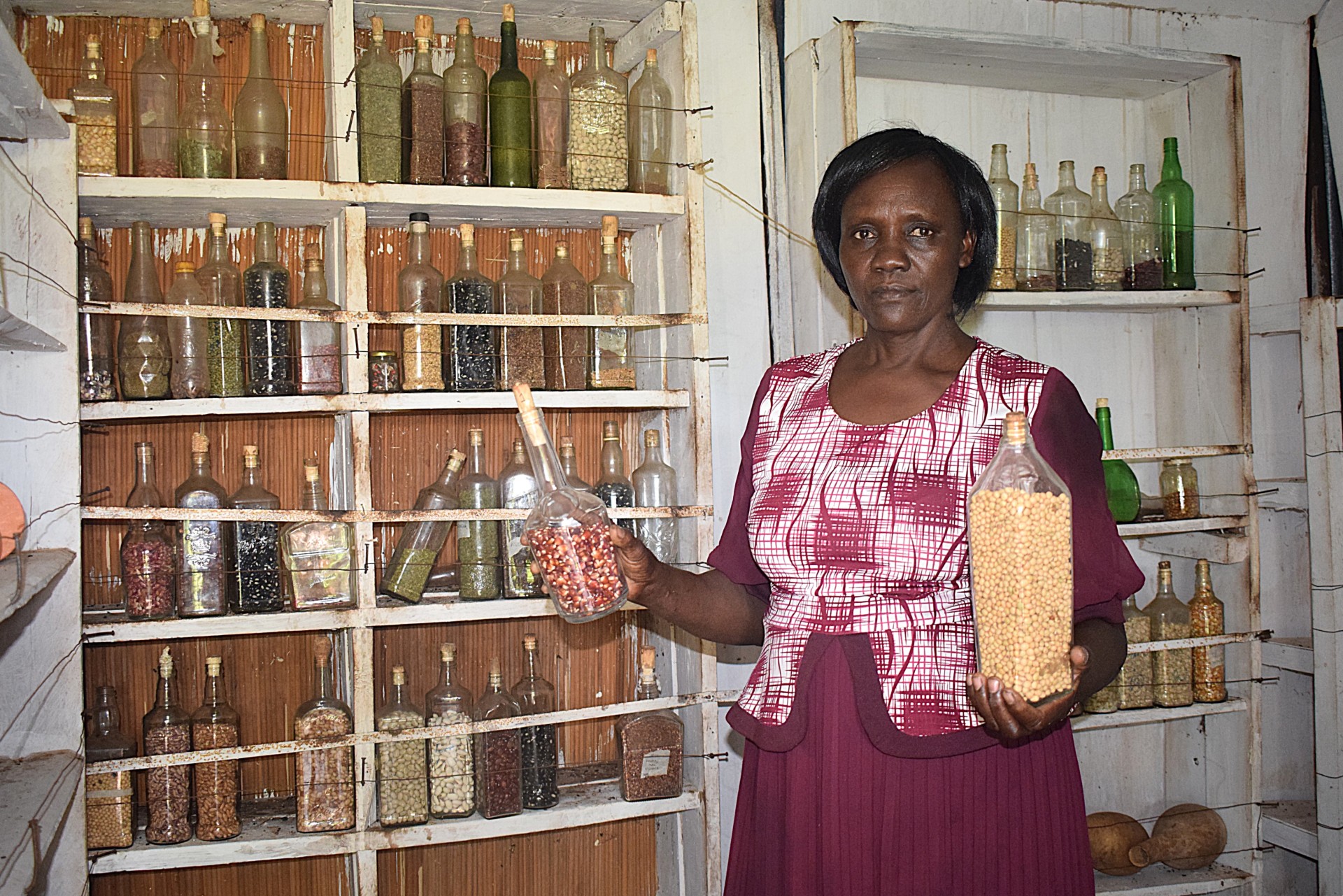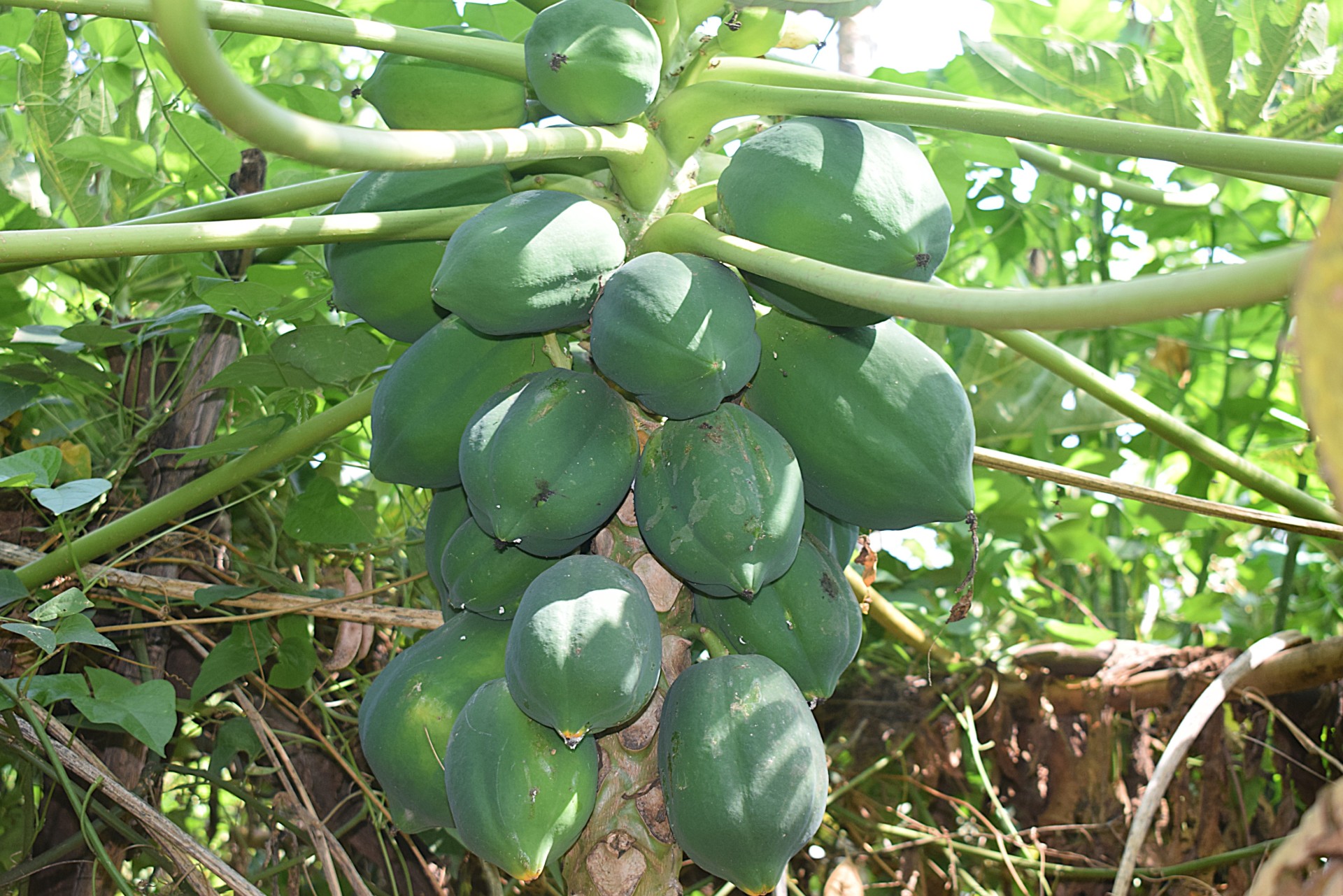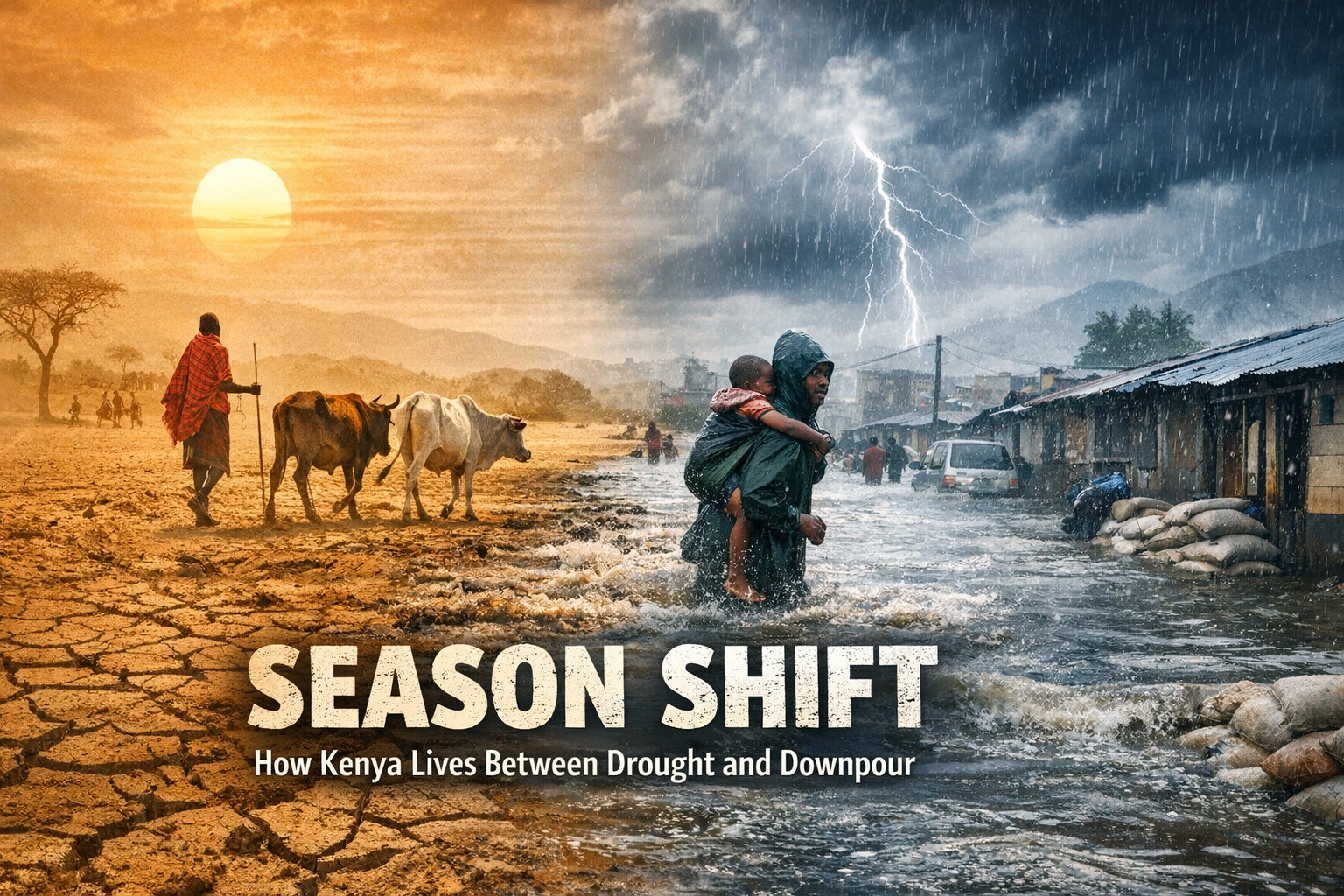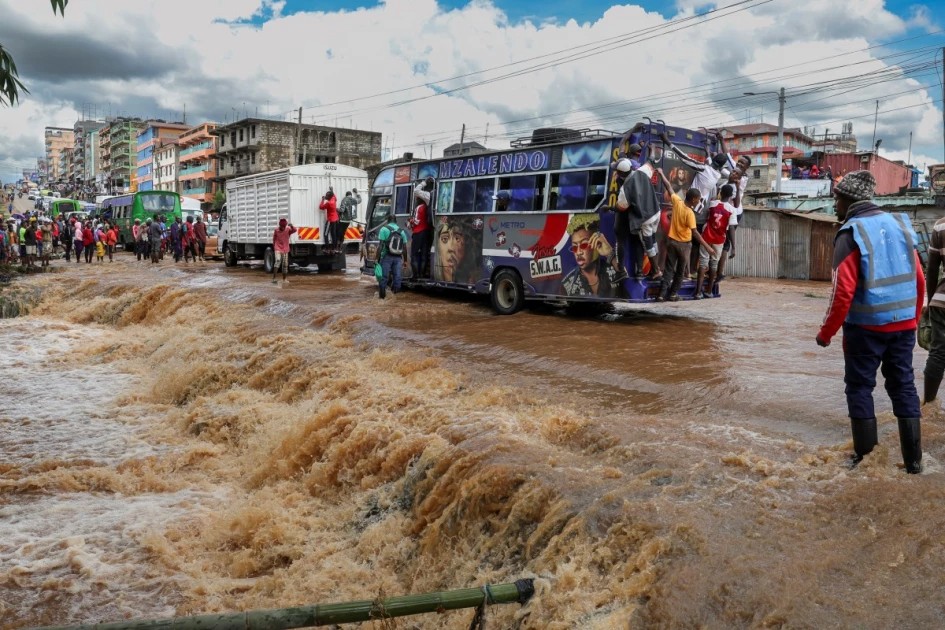- Farming techniques that focus on climate resilience, such as utilizing solar energy, hold significant promise for farmers in Kenya. Given that climate change is a tangible issue, it is essential for farmers to adopt technologies that enhance agricultural productivity amidst erratic rainfall and extended periods of drought.
- Solar energy has no negative impact to the environment as it is both clean and renewable.
It is midmorning in Kabasia village, Baringo South, and the chirping of weaver birds greets you to this vast, stony, and semi-arid landscape. The area is completely covered in toxic Mathenge trees, which are used for burning charcoal, one of the primary sources of income in the region.
Behind these rapidly spreading trees that has become a menace to the residents, is a farm that is a marvel for both residents and visitors. It is Salina Chepsat’s farming venture that begun in 2020.
She is the chairlady of Endorois Community based Organisations started in 2012 focused on alleviating poverty among its members through table banking and merry go round.

Read More
“We started with around 10 to 20 women trying to empower each other but the organization has grown in leaps and bounds overtime and we have ventured into farming,” she says as she smiles.
Chepsat, bore the brunt of climate change in the area for several years, loosing crops to severe drought and irregular rain patterns in the area until 2019 when they conceived an idea to combat these effects as a group. One of the ventures on the table was smart farming in order to mitigate destructive effects of climate change.
Despite the presence of a small swamp near the village, the group members could not transport water on them back to irrigate their crops. They came up with an idea to draft a proposal to a donor seeking funding to acquire a solar system that would enable them to pump water from the swamp directly to their farms.
“We sent out our idea to one of the donors in 2019 and it came to fruition in 2020. We got Ksh 2.8 million into our account," Chepsat says.
The group acquired a water tank and a solar panel, along with additional items such as a battery, multiple light bulbs, water pipes, and they excavated three water holes that can hold more than ten thousand liters of water.

Currently, Chepsat’s farm, along with other five members living close to the swamp, teems with life.
Various kinds of crops flourish amidst the expansive stony, dry terrain. Bananas, pawpaw, sugarcane, strawberries, arrowroot, guavas, passion fruit, mangoes, lemon grass, and numerous other crops stand tall, resisting the negative impacts of climate change.

An increasing number of farmers are adopting the concept of climate change resilience in their operations to enhance productivity. The shorter rainfall seasons have been delayed, and extended drought periods, particularly over the past three years, have adversely affected farmers' production.
The farming cycles are disrupted by climate change. The inconsistency between the timing of crop production and rainfall results in inadequate yields or complete crop failure.
Isurusi Iyangala, a climate change specialist in Nakuru County, notes that dependence on rain-fed agriculture presents numerous risks for farmers.
Variability in rainfall impacts both planting and harvesting timelines, whereas prolonged periods of drought result in significant losses for farmers while on the other hand, excessive rainfall can erode topsoil, diminishing soil fertility.
"Climate change impacts have increasingly become prominent recently. Thus, it is essential for farmers to implement climate change resilience strategies, such as solar energy systems, to mitigate the effects of climate change," he says.
Irrigation powered by solar energy allows farmers to cultivate crops year-round, decreasing dependence on inconsistent rainfall. Farmers utilizing solar-powered irrigation experience more stable incomes as they can mitigate the risks associated with climate change.
Although the system comes with significant upfront expenses, the expenses associated with purchase and installation are beyond the reach of most small-scale farmers.
Nevertheless, its advantages such as irrigation, lighting, and heating surpass the initial investment over time. Consequently, it is a sustainable option, and smallholder farmers should be motivated to secure credit and implement solar energy solutions.
Solar energy has no negative impact to the environment as it is both clean and renewable. Strategies that promote the use of solar energy in farming include the Climate Smart Agriculture Strategy (2017-2026), the Agricultural Sector Transformation and Growth Strategy (2019-2029), and the National Energy Policy of 2018.
Donor initiatives that are currently supporting solar irrigation primarily target the ASAL regions in Northern Kenya. These initiatives include the Kenya off-grid solar access project, SNV's Smart Water for Agriculture, Endev Kenya, and the Powering Agriculture program by USAID.
Due to the high cost of installing solar systems, the government ought to offer incentives to encourage farmers to adopt this technology. To begin with, authorities should collaborate with solar manufacturers to create cost-effective solar panels specifically for farmers.
Additionally, they should offer low-interest financing options to assist farmers in purchasing and maintaining solar panels.
Farming techniques that focus on climate resilience, such as utilizing solar energy, hold significant promise for farmers in Kenya. Given that climate change is a tangible issue, it is essential for farmers to adopt technologies that enhance agricultural productivity amidst erratic rainfall and extended periods of drought.

-1753862450.jpg)





